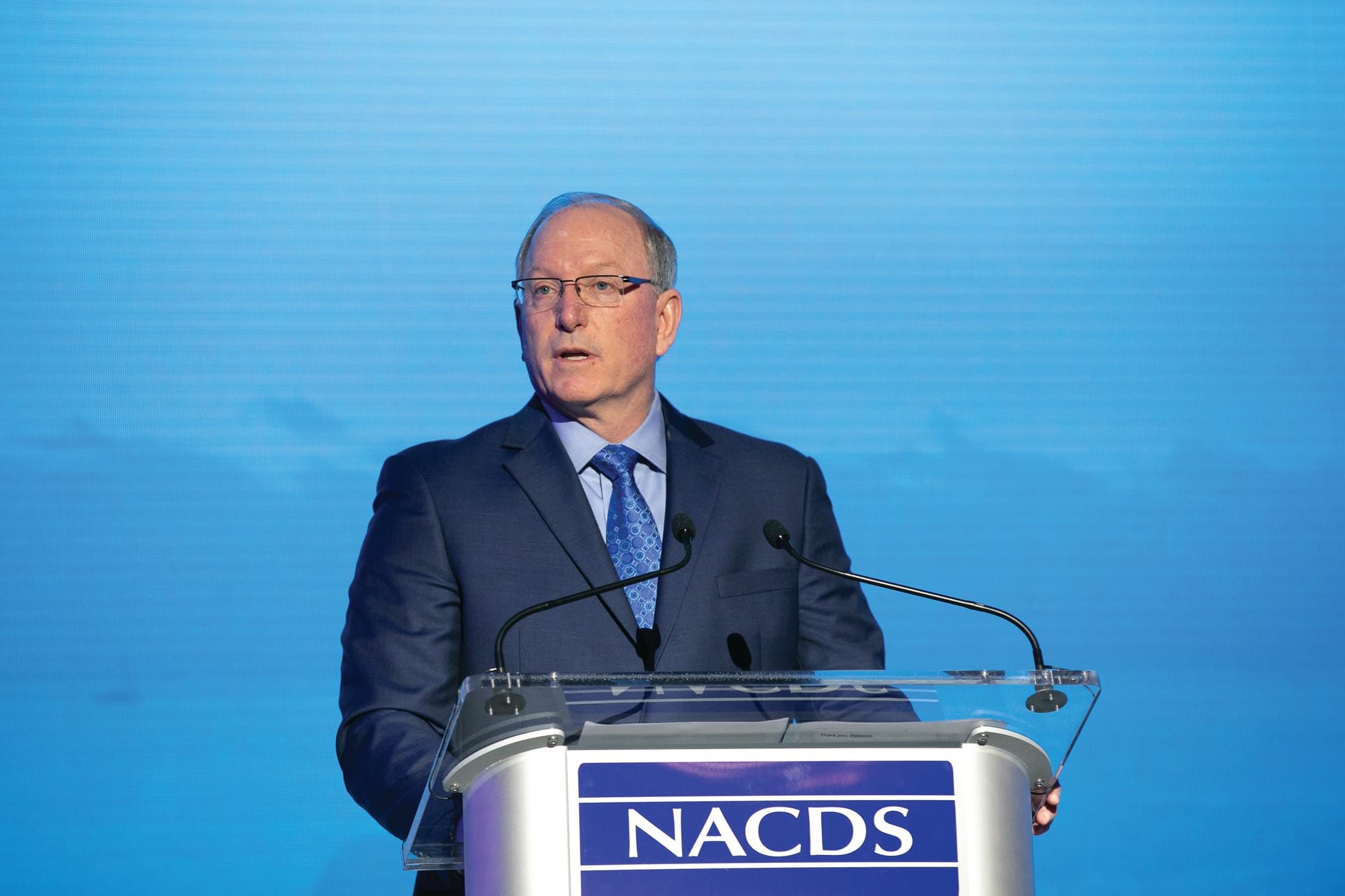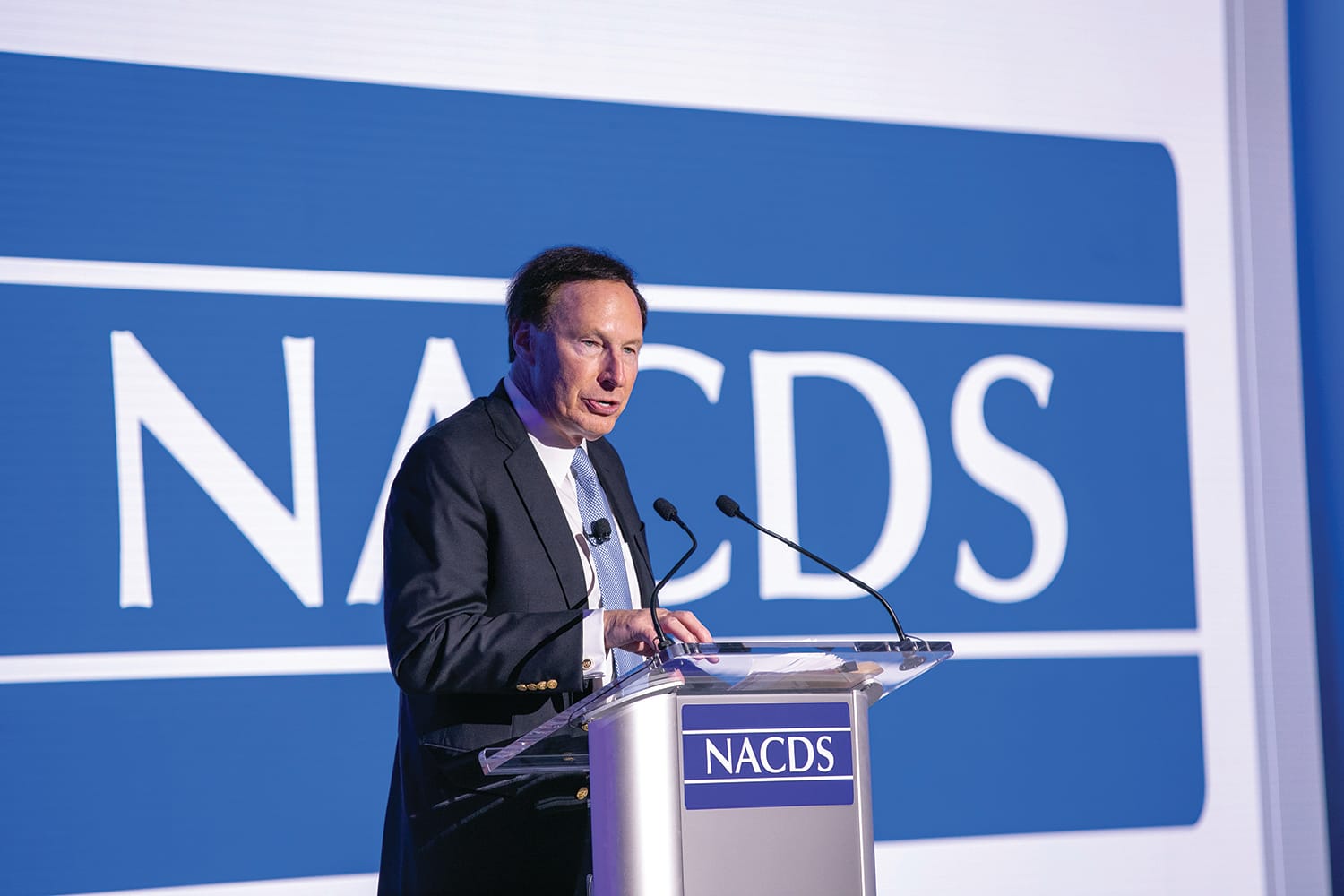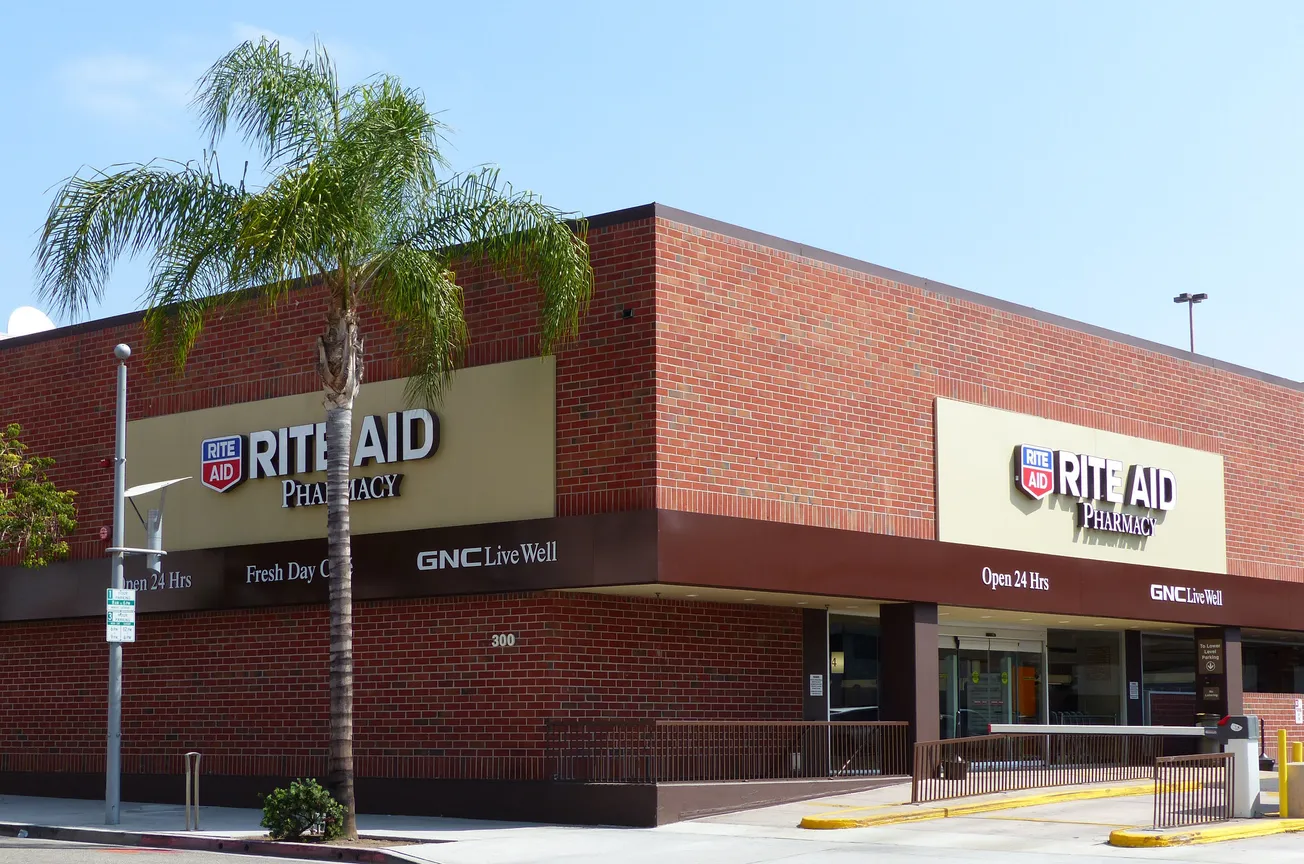
Mark Panzer
The National Association of Chain Drug Stores was at the top of its game during the Regional Chain Conference in Palm Beach, Fla., earlier this month. Often overshadowed by the association’s larger events, this hidden gem provides attendees with an initial look at the objectives that NACDS and its members will pursue during the course of the year, and does so through the lens of regional players, which, in the aggregate, still account for a substantial share of the community pharmacy business.
Not surprisingly, the retailers and suppliers in Palm Beach heard a good deal about the serious challenges confronting the industry, with reimbursement issues at the forefront. Furthermore, they learned about NACDS’ plans to intensify its advocacy efforts on behalf of community pharmacy and the patients it serves.
Mark Panzer, chairman of the association, set the tone, highlighting the NACDS Access Agenda, which addresses the need to protect patients’ ability to obtain the care they require; expand the scope of pharmacy practice; and contribute to stronger and safer communities. The first of those priorities, in the form of direct and indirect remuneration, or DIR, fees, was the focal point.
Originating under Medicare Part D and now creeping into the private sector, DIR fees allow pharmacy benefits managers to arbitrarily apply inconsistent, ill-defined criteria to claw back a portion of payments to pharmacies long after prescriptions are filled. The practice brings a high degree of uncertainty to all pharmacy operators, and has emerged as an existential threat to independent drug stores and small chains.
Departing from his prepared remarks, Panzer left no doubt about the urgency of changing the practice: “DIR fees are wrecking the P&Ls and wrecking the viability of community pharmacy and the profession. We’re asked to do more and we’re being reimbursed less.
“We’re not being reimbursed for the services we’re providing for the patient; we’re being reimbursed at a rate that is unsustainable. Look at your P&Ls from 2015 all the way up through the current year, and you’ll see how DIR fees have doubled and tripled, and are now doubling again year over year. It’s not just a question of what’s fair and equitable, we need to be reimbursed for what it costs to take care of business.”

Steve Anderson
Panzer, NACDS president and chief executive officer Steve Anderson, and other speakers reported that the industry is making headway on the issue. In January NACDS submitted 55 pages of comments to the Centers for Medicare and Medicaid Services in support of a proposed rule that would, among other things, rein in the abuse of DIR fees. NACDS reinforced its position on the rule, which already contains reforms sought by the industry, in a follow-up letter to Secretary of Health and Human Services Alex Azar, which was co-signed by the National Community Pharmacists Association and the National Association of Specialty Pharmacy.
Much more work needs to be done before retail pharmacy can claim victory, but the momentum it has developed can be traced, in large measure, to the stepped-up efforts of NACDS and its allies. Already a forceful advocate for chain pharmacy, NACDS has in recent months refined and intensified its approach to tackling the problems confronting its members.
“What we are not doing is just working the issues,” Anderson told attendees at the Regional Chain Conference. “What we are doing is waging campaigns — tough campaigns. Working the issues is waiting for things to happen. Waging campaigns is making things happen, and doing so with everything we have — consistently, creatively, aggressively, passionately, cohesively, and as a modern political and advocacy organization.”
The campaigns NACDS has launched relate to four areas critical to the future of pharmacy — the aforementioned reform of DIR fees and the related question of establishing a quality incentive payment system; the development of a viable long-term reimbursement model; support of policies to combat opioid abuse and position pharmacy as part of the solution; and efforts to enlarge the scope of the business.
The knowledge, experience and expertise that NACDS brings to bear in pursuit of those goals were on display at the conference during a panel discussion that Anderson conducted with four of the association’s senior vice presidents — Tom O’Donnell, who oversees government affairs and public policy; general counsel Don Bell; Kathleen Jaeger, who handles pharmacy care and patient advocacy; and Chris Krese, who runs marketing, communications and media relations. A lot of valuable information and insights about NACDS’ efforts emerged during the exchange, but perhaps the most important thing that people who saw the presentation came away with was the sense of a talented, cohesive team dedicated to advancing the industry’s interests.









